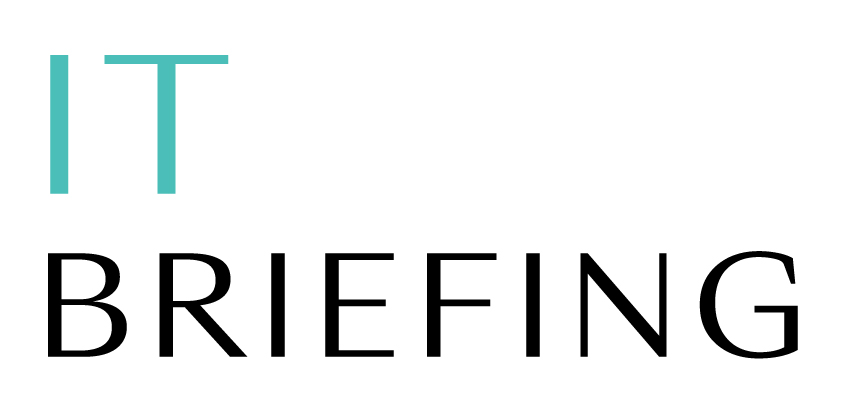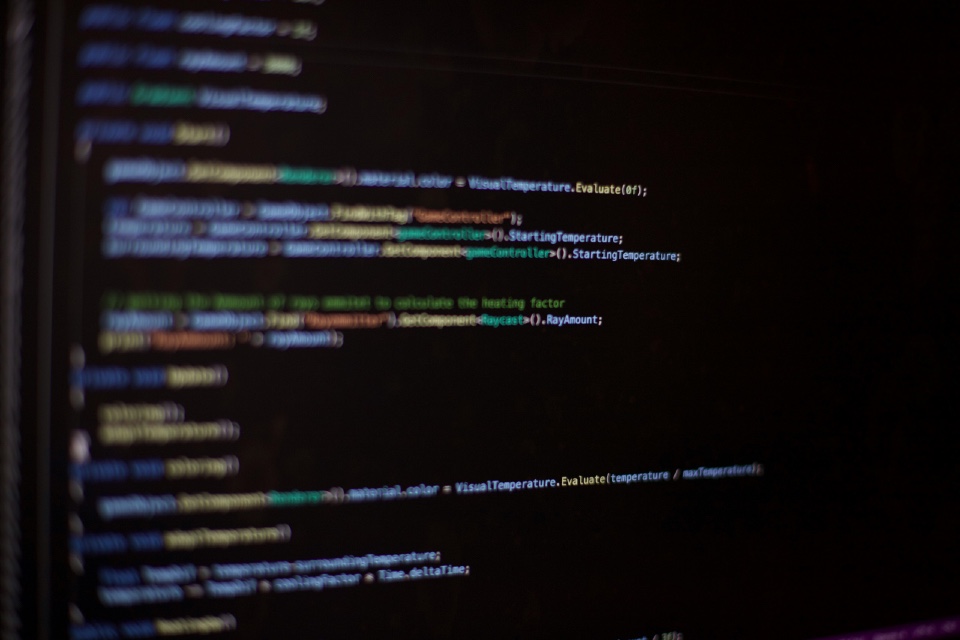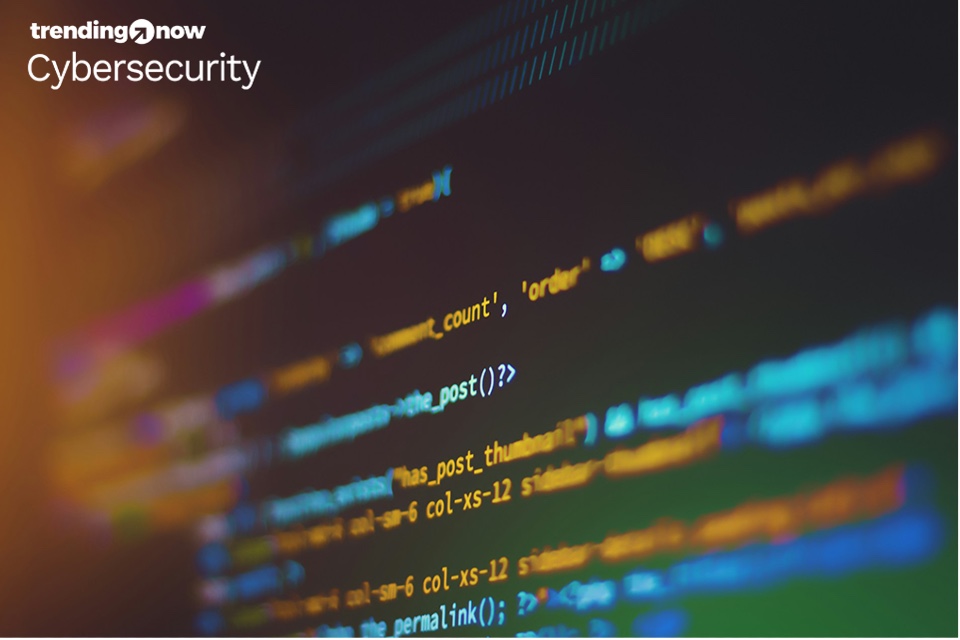In the latest instalment of our cybersecurity industry executive interview series we spoke to Kunal Agarwal, Founder of dope.security, about his company, the importance of UX and making existing solutions better, the potential of pragmatic medium-sized practitioners and the need to use uniqueness as an advantage…
Tell us about your company, products and services.
dope.security is the passion and attention to detail to build the most beautifully designed enterprise cybersecurity products. That’s the difference with our on-device proxy, the Fly Direct secure web gateway that performs SSL inspection, URL filtering, and more without any re-routing of Internet traffic. Paired with CASB Neural, our LLM-powered DLP, it can find, classify, and remediate any publicly exposed files found in your Microsoft 365 or Google Workspace.
What have been the biggest challenges the Cyber Security industry has faced over the past 12 months?
Modernizing enterprise infra is normal – think Slack today versus 10 years ago what did people use at a company, Cisco Jabber?
Cybersecurity hasn’t evolved in UX and easy operation for practitioners. How many times do tools break an environment? Why is specialized training or professional services required? These kinds of questions hinder the cybersecurity industry at a grassroots level as the industry spends more time trying to keep the lights on than fighting threats.
And what have been the biggest opportunities?
Conversely, making cybersecurity practitioners more effective by introducing upgraded reliable, easy-to-use technologies has been the biggest opportunity for both product organizations and end-users. It’s especially relevant as we ask the question how can we make something better, rather than try to make something new (while the old tech is becoming worse)?
What is the biggest priority for the Cyber Security industry in 2024?
There are two ends of the spectrum – on one end you have startups who are solving very miniscule problems that are typically add-on features in other offerings, and on the other there are large companies that claim platforms are the best, but they’re completely un-integrated.
I expect a reset to the middle ground where practitioners pragmatically use technologies that aren’t trying to boil the ocean, and also aren’t trying to solve a micro-sliver of a problem.
What are the main trends you are expecting to see in the market in 2025?
On the venture side, there are a ton of startups that will reach the point where they need to raise more money in 2025. It’s become very difficult to raise money so naturally the same organizations will get acquired or have to close shop. Some cyber concepts come and go, but the must-have technology players become the winners.
What’s the most surprising thing you’ve learnt about the Cyber Security sector?
It’s a very large sector with multiple parts – there is the penetration testing/hacking area, tooling/product development, services, and practitioners (CISOs). Each has very specialized expertise but there isn’t that much overlap on the day-to-day. Imagine, at dope.security we do product development, but that is very different than a implementing a cybersecurity program at a financial services org.
You go to the bar at the Cyber Security Forum – what’s your tipple of choice?
Always start with an espresso.
What’s the most exciting thing about your job?
Meeting new people from different backgrounds while having a team I’ve worked for 10 years here with me at dope.
And what’s the most challenging?
Time away from home.
What’s the best piece of advice you’ve ever been given?
Use your uniqueness to your advantage.
Succession or Stranger Things?
Sadly, I missed both. But, I love Entourage.
Read more about Kunal and dope.security at https://dope.security.





